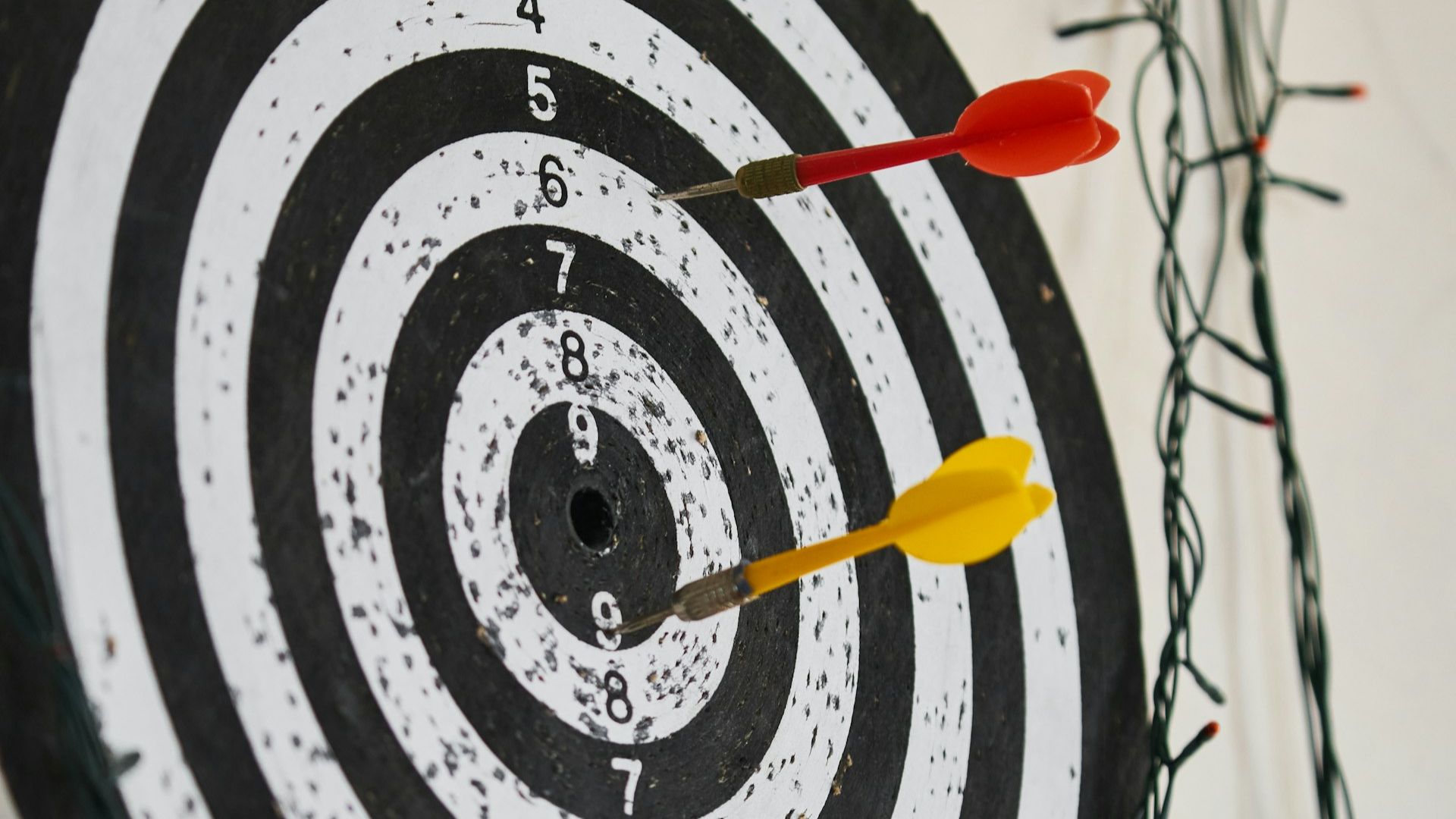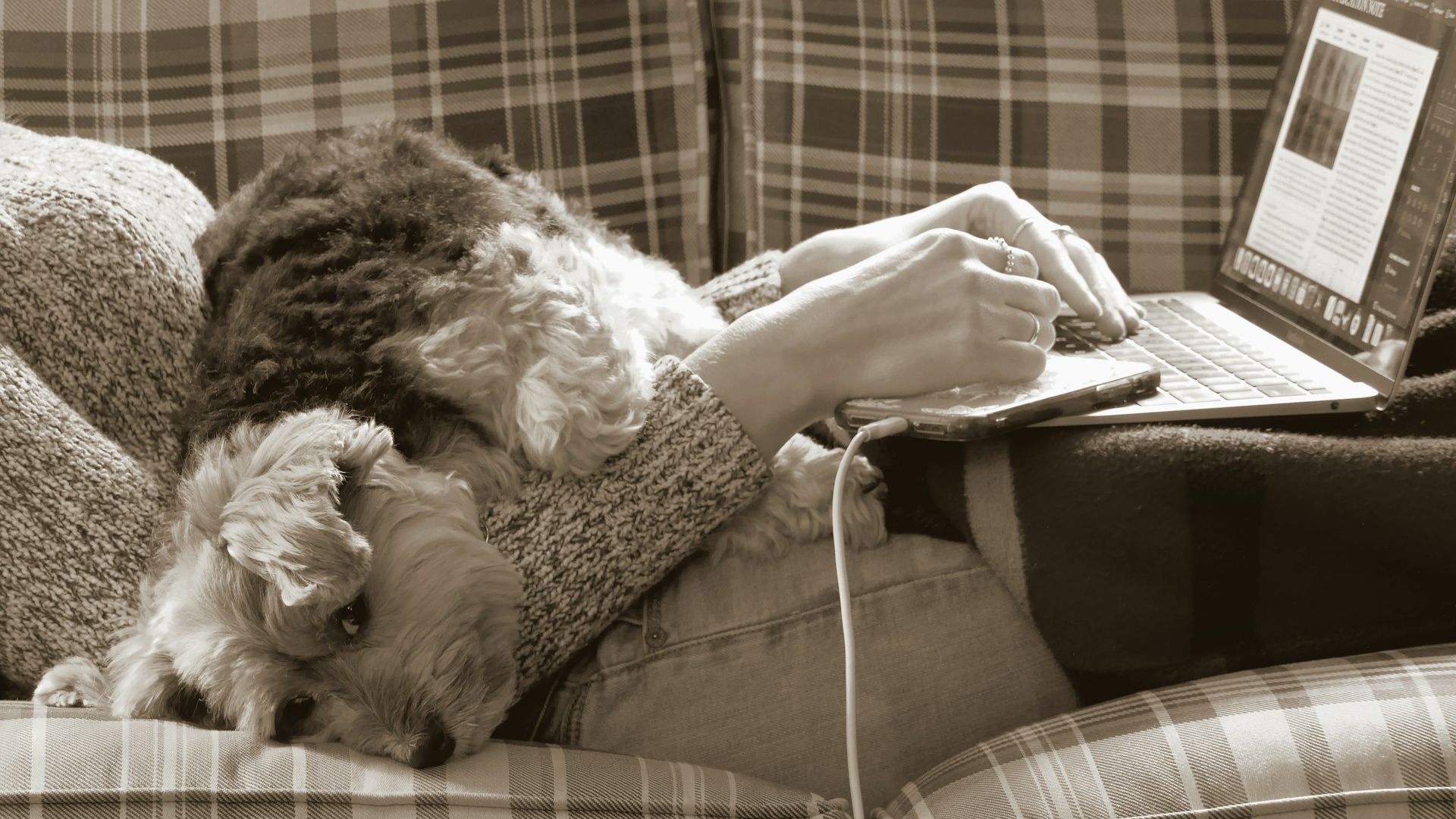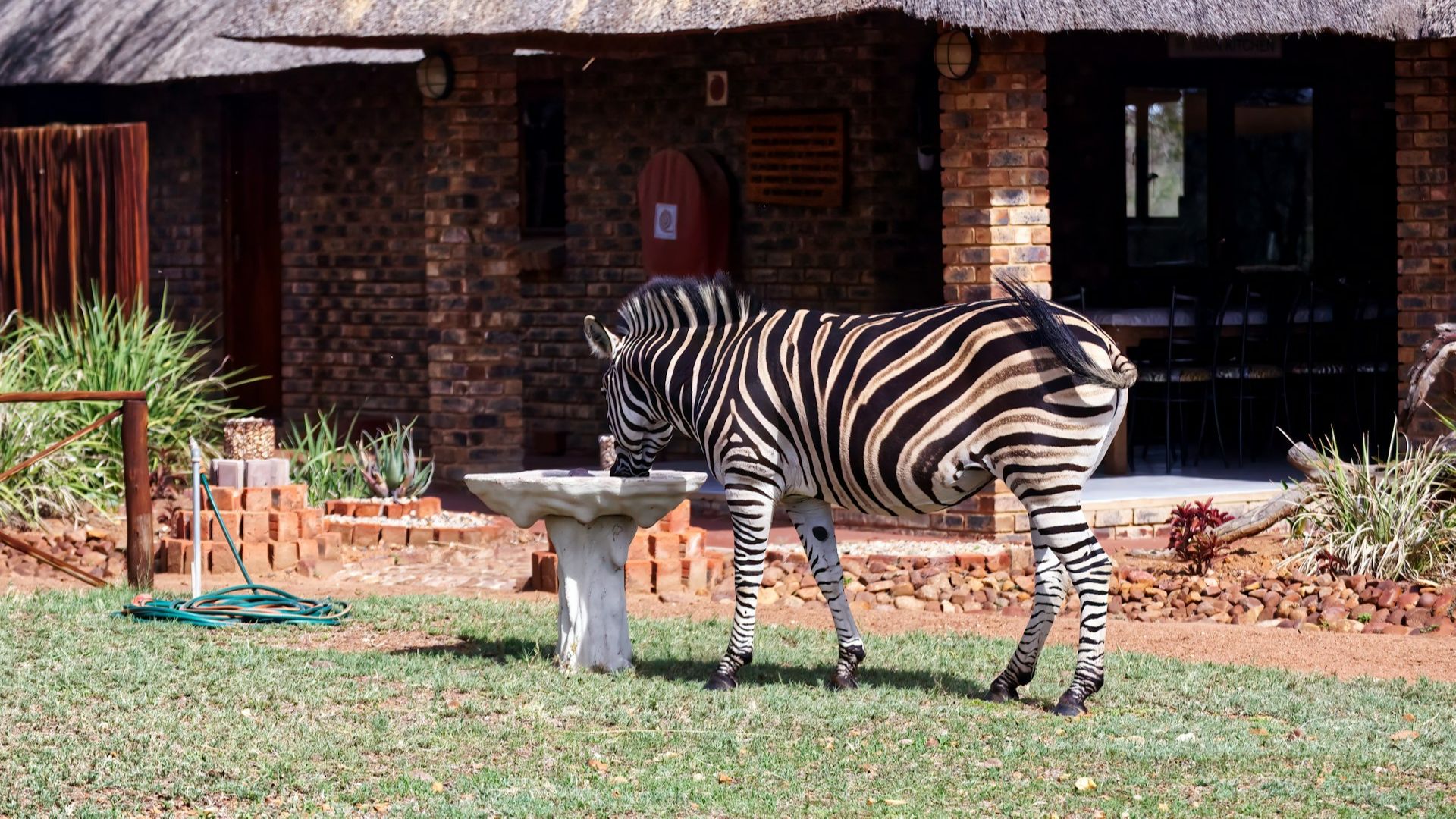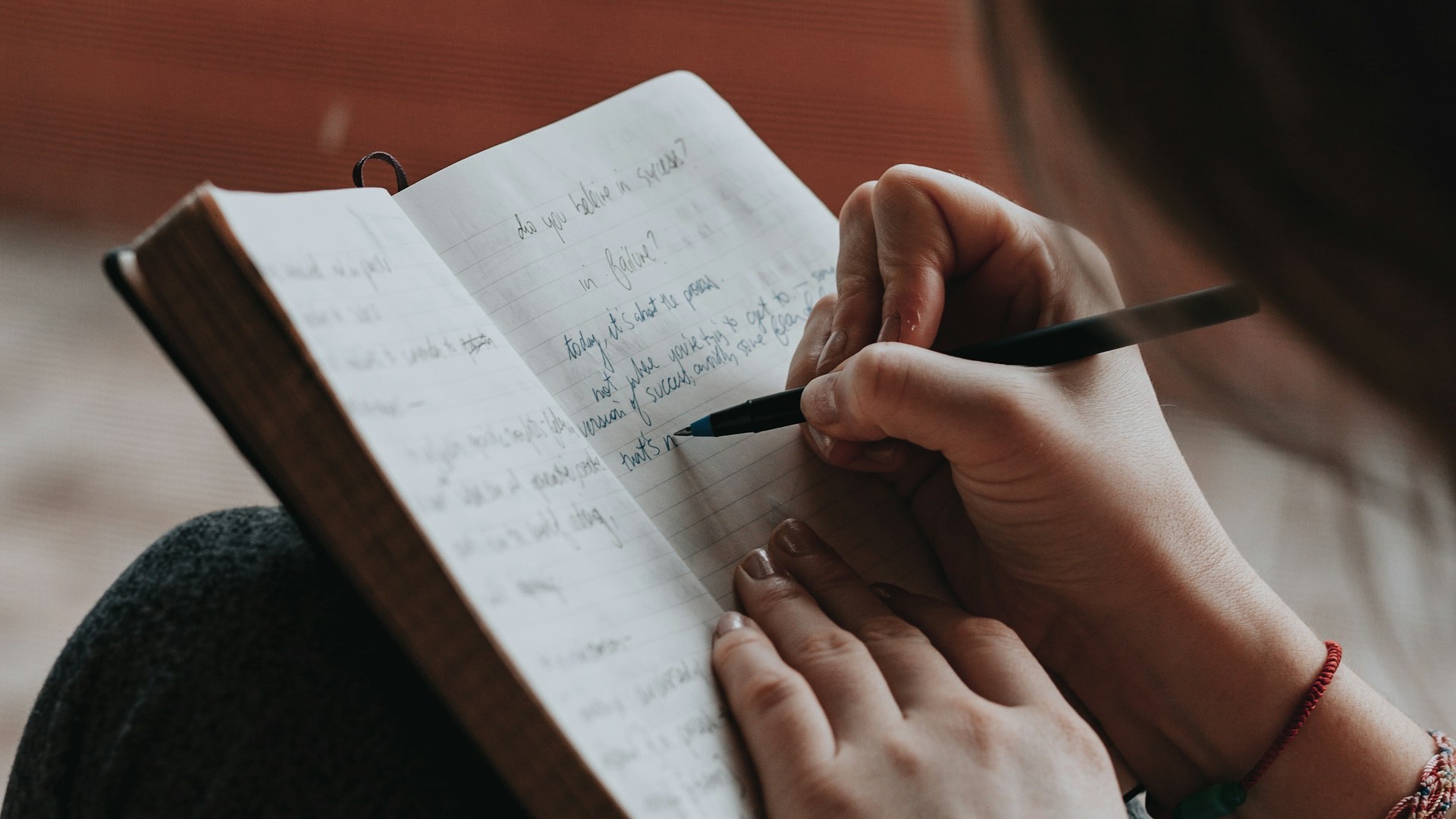September is for Starting
Have you ever had a dream that…that you, um, you had...
Even if you’ve had a goal for months or years or even since you were a little kid, life changes. Your life changes, your ideas of your future change, and society changes around you, and this means your goals can change too.
The goal you had when you were younger, when you applied to college, or even just at the beginning of the semester may no longer serve you.
What used to make you excited may now be a bit of a downer, or even make you feel like something’s gone terribly wrong.
If you never review your goals, you might spend time chasing something that no longer matters or no longer fits your life.
That’s why it’s important to review your goals regularly. This serves two purposes.
-
You remind yourself why you’re doing all this hard work
-
You make sure this is the right hard work to be doing.
Stop working toward outdated goals. Keep your life and your goals aligned!
Take control of your time this term:
![]() August 23rd - Review your goals regularly
August 23rd - Review your goals regularly
Stop wasting your best life formatting font spacing!
Not all tasks are created equal. Some require full focus and energy, while others, like formatting fonts, highlighting notes, or copying references, can be done while watching a show, chatting with a group, hanging out in the park, or when you’re tired but still need to make progress.
By separating focused work from busy work, you can:
-
do your best work during your peak focus time
-
save low-energy tasks for off moments
-
stop feeling drained by “busyness”
The trick is to know the difference and intentionally schedule full focus tasks for full focus time.
![]() August 22nd - Save busy work for "off" moments
August 22nd - Save busy work for "off" moments
“When I was in school I did this and this AND this…”
Blah, blah, blah…
It’s easy to look at classmates, friends, or peers and feel like you should be doing everything they do, or doing it faster or better.
Or maybe you’re getting the age old “used to work a full time job and come home and cook for six kids” story, implying other people did way more than you’re doing, and they turned out just fine. (But did they?)
Your life, your energy, and your priorities are unique to YOU.
-
You don’t have to take on the same responsibilities, in either type or number.
-
It’s 100% okay to focus on what truly matters to you.
-
It’s even absolutely fine to have tons of free time, and not fill your day chocked full of projects.
In fact, one could argue this is the point of time management: do what you need to more efficiently so you can get on to enjoying life.
(It’s me, I argue this is the point.)
It can still be a challenge to confront these ideas. How can you manage the thought you should be doing more?
Learn how here:
![]() August 21st - You're not "other people"
August 21st - You're not "other people"
When we talk about time management, what are we ACTUALLY talking about?
Your day has 24 hours no matter what. You can’t make the time go faster or slower, or move it around. You can’t pause time when you want to sleep in or speed it up when you’re stuck in line.
When we talk about time management, what at we’re actually talking about is the adjunct skills like planning, focus, energy, motivation, decisions, habits, and boundaries.
Sure, time management also has to do with clocks and calendars, but these are the things that determine how much you get done, how stressed you feel, and how well you reach your goals.
The best part? These are all learnable skills. The more you practice them now, while in school or juggling classes, the more you’ll use them effectively for the rest of your life.
Take control of your time this term:
![]() August 20th - You can't actually manage time
August 20th - You can't actually manage time



